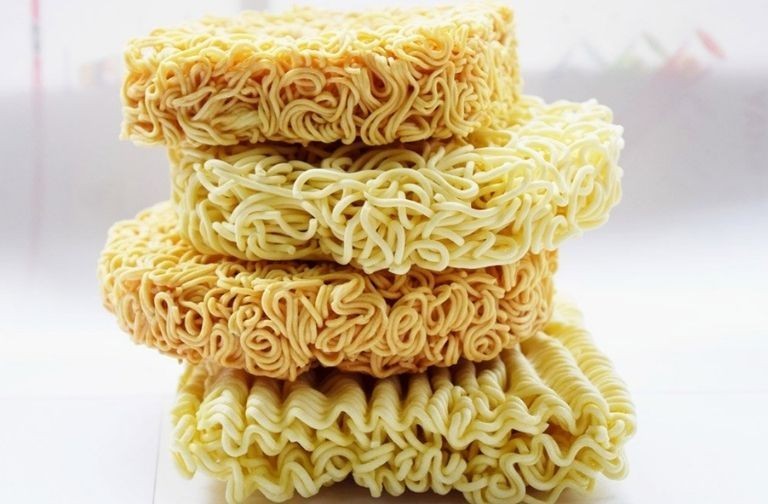 |
| Instant noodle products exported from Vietnam to the EU market will no longer be required to be accompanied by a food safety certificate issued by a competent Vietnamese authority from June 27. (Source: Industry and Trade Newspaper) |
EU relaxes regulations on instant noodles imported from Vietnam
From June 27, instant noodle products exported from Vietnam to the EU market will no longer be required to be accompanied by a food safety certificate issued by a competent Vietnamese authority.
On June 7, the European Union (EU) published an official gazette amending Regulation 2019/1973 on emergency measures to control food exports to the EU. Accordingly, the EU has officially moved Vietnamese instant noodles from Appendix II (control by food safety certificates and control at border gates) to Appendix I with a border inspection frequency of 20%.
Also in this Regulation, bell peppers from Vietnam are still in Appendix I with a 50% inspection frequency at the border gate. Okra and dragon fruit are still in Appendix II with a 50% and 20% inspection frequency respectively. This means that agricultural products have not changed compared to the regulations of 6 months ago.
With its efforts, just 6 months after the EU approved the emergency control regulations for Vietnamese vermicelli, glass noodles, and noodles (effective from January 1, 2022), the Vietnam Trade Office in Belgium and the EU successfully convinced the EU to remove vermicelli, glass noodles, and rice products from the food safety management list and 18 months later, it successfully moved instant noodles from Appendix II (control by certificate and at the border) to Appendix I (control at the border).
This demonstrates the great and timely efforts of the Ministry of Industry and Trade in controlling food safety as well as actively supporting businesses in solving difficulties.
According to Vietnam's Trade Counselor in Belgium and the EU, Tran Ngoc Quan, the fact that the EU still maintains border control at a frequency of 20% requires Vietnam to always maintain good food safety control for instant noodles.
If in the last 6 months of 2023, Vietnamese instant noodles exported to the EU have many violations of food safety regulations, the next step for the EU will be to increase supervision to 50% at the border gate and then return to Appendix II.
This forces Vietnamese instant noodle exporting enterprises to strictly comply with EU regulations, continuously control food safety, and consider applying voluntary measures such as self-testing at reputable laboratories for instant noodle shipments exported to the EU.
South Korea is one of the famous countries producing instant noodles. However, over the years, it has not been successful in convincing the EU to drop quality control and is currently still in Annex I with a 20% inspection frequency like Vietnam.
Another CPTPP market favors Vietnamese tuna
According to the Vietnam Association of Seafood Exporters and Producers (VASEP), in April 2023, tuna exports to the Mexican market increased by 117% over the same period in 2022, reaching nearly 1.9 million USD.
In the first 4 months of 2023, tuna exports to Mexico reached nearly 7.4 million USD, an increase of 44% over the same period in 2022. With this growth rate, Mexico is currently the 8th largest tuna import market of Vietnam.
According to statistics from the General Department of Customs, Mexico mainly imports tuna meat/loins from Vietnam, accounting for 74% of total export value, the rest are other processed tuna products.
Currently, Mexico and Vietnam are two quite similar markets. Many key Vietnamese products have many opportunities to penetrate the world's 11th most populous market, especially after the Comprehensive and Progressive Agreement for Trans-Pacific Partnership (CPTPP) comes into effect.
Accordingly, frozen tuna loins/fillets HS0304 from Vietnam exported to Mexico are currently being reduced from the basic tax rate of 20% to 0%. Other processed tuna products such as frozen steamed tuna loins are being exempted from tax when imported into Mexico.
According to Mr. Luu Van Khang - Commercial Counselor, Vietnam Trade Office in Mexico (concurrently in charge of Guatemala, Honduras, El Salvador, Belize), people in this country consume a lot of pre-processed or processed products at supermarkets or convenience stores, so this item is a potential item for Vietnamese seafood products.
According to VASEP, for the whole year of 2022, Vietnam's tuna exports will reach 1 billion USD, up 34% compared to 2021. This is also the first time the tuna industry has achieved an export value of 1 billion USD. This result contributes to the seafood industry's export turnover of 11 billion USD in 2022.
Warning of the risk of trade defense investigation into quartz stone countertops in the US
Recently, the Department of Trade Defense (Ministry of Industry and Trade) has warned about the risk of being investigated for trade defense for products related to quartz stone surfaces when exported to the US. Accordingly, businesses should avoid using quartz stone products or quartz stone slabs imported from markets that are being investigated by the US and subject to trade defense taxes, especially from the Chinese market.
If a business uses quartz stone-related products imported from a market that is being investigated by the US and subject to trade defense taxes in the production of products, it is necessary to fully declare information and pay anti-dumping and anti-subsidy taxes on the quartz stone surface in accordance with US regulations.
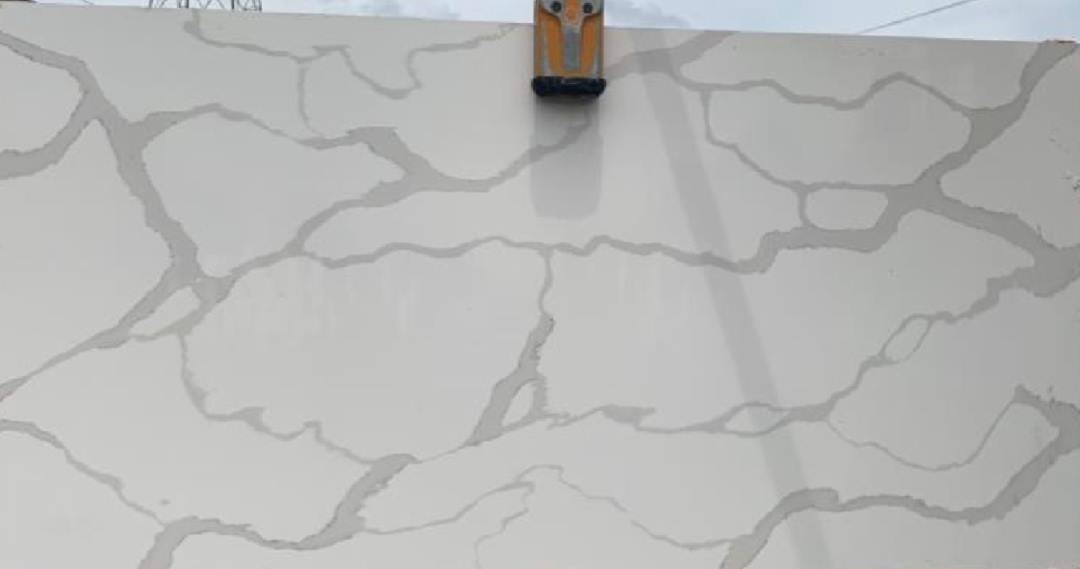 |
| The Department of Trade Defense (Ministry of Industry and Trade) has warned about the risk of trade defense investigation for products related to quartz stone surfaces when exported to the US. (Source: Saigon Times) |
Businesses also need to implement traceability, contributing to increasing the ability to prove that products or raw materials used are not subject to US tariffs.
In case of a trade defense investigation, businesses need to be proactive in responding; proactively contact, exchange and update information with the Trade Defense Department to receive timely support.
Recently, the US has been investigating many trade defense cases related to imported quartz stone products.
In particular, the US Department of Commerce (DOC) has officially applied anti-dumping and anti-subsidy taxes on quartz stone products imported from China since July 11, 2019. The anti-dumping tax ranges from 265.81 - 190.99%.
DOC has also imposed anti-dumping duties on quartz countertops imported from India and Türkiye since June 22, 2020. The anti-dumping duties for Indian enterprises are from 2.67 to 5.15% and for Turkish enterprises are from 0 to 5.17%. The measures are effective for 5 years from the date of application.
In October 2022, the US Department of Commerce concluded that when exported to the US, quartz stone products manufactured in Malaysia used raw materials of quartz stone slabs imported from China. Therefore, the products are subject to anti-dumping and anti-subsidy taxes at the same rate as those currently applied to Chinese enterprises.
Source






















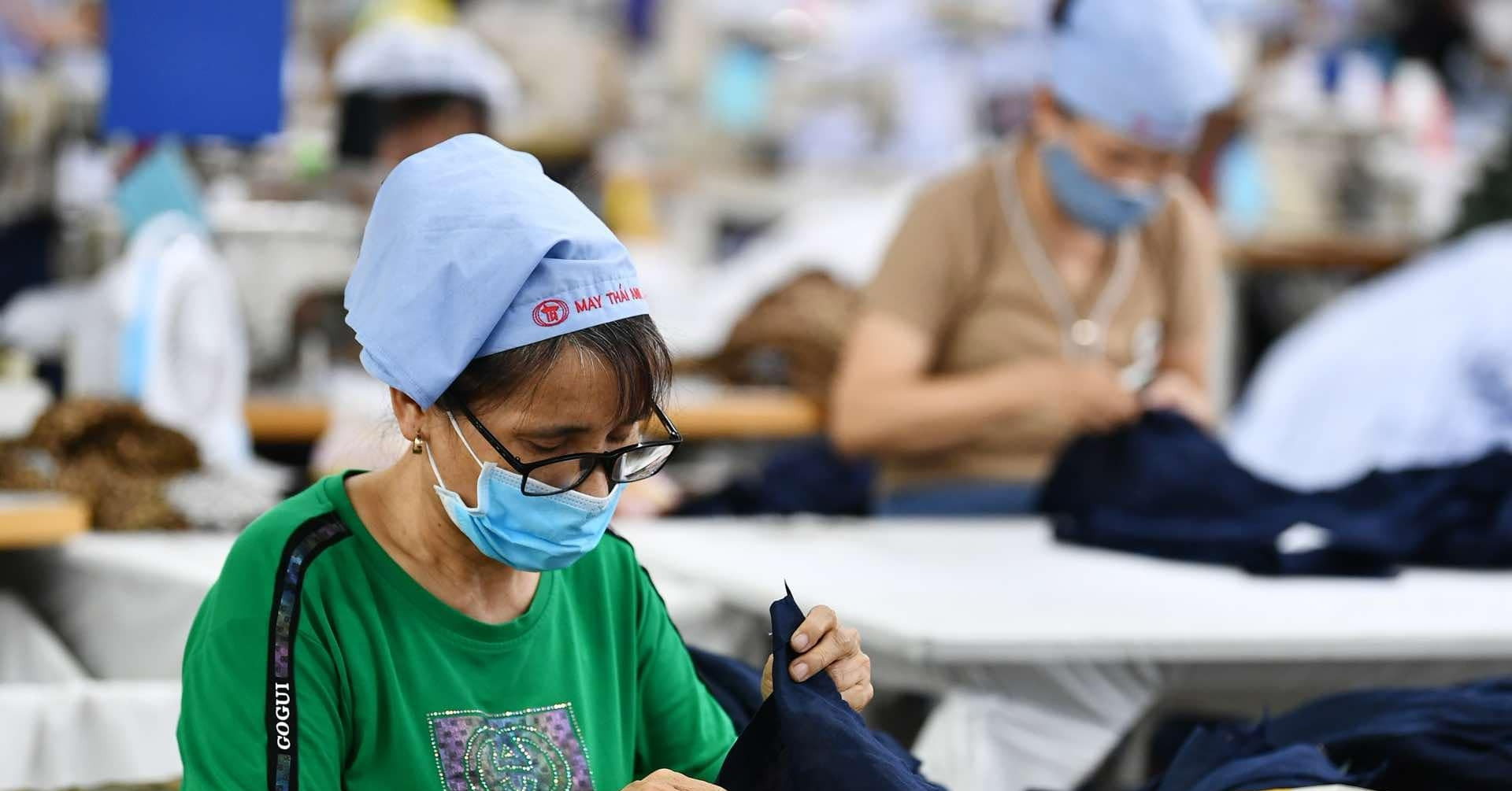


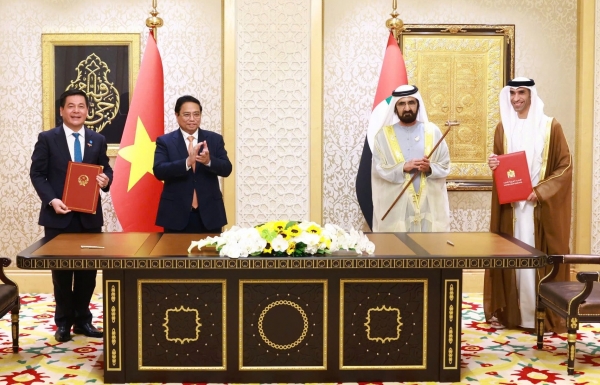

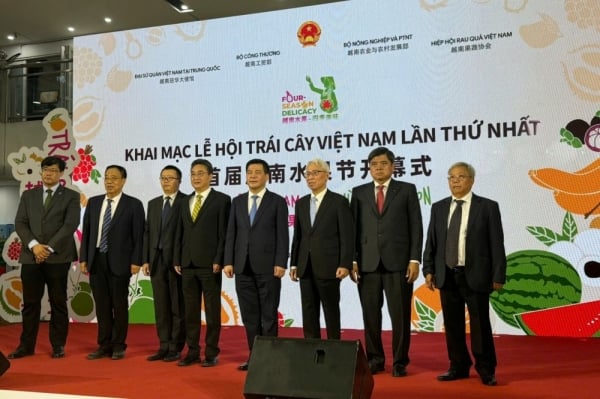
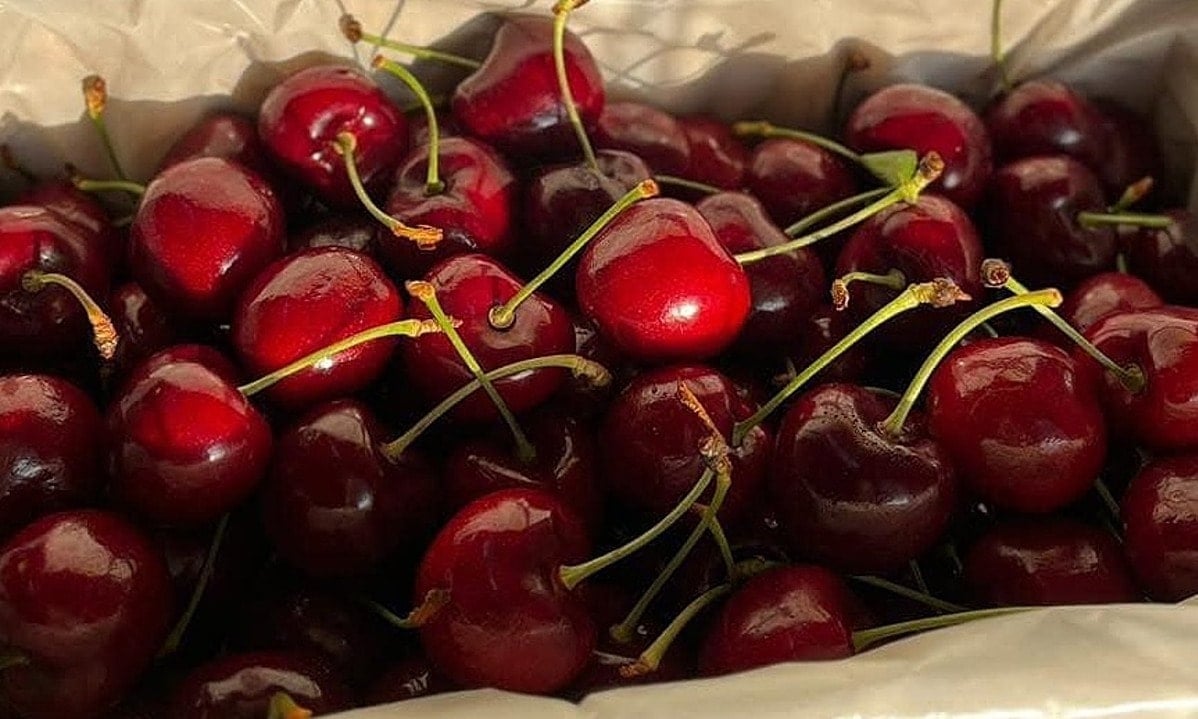
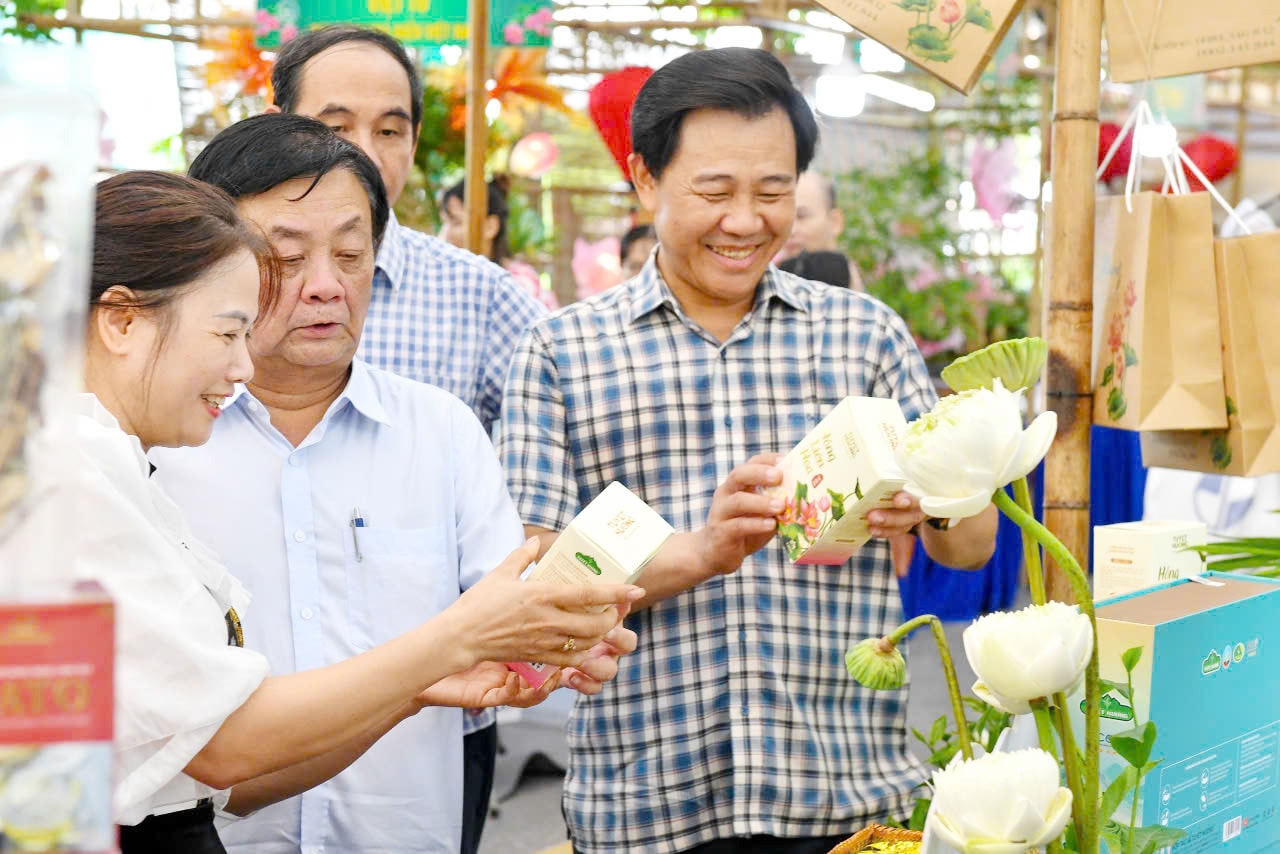
















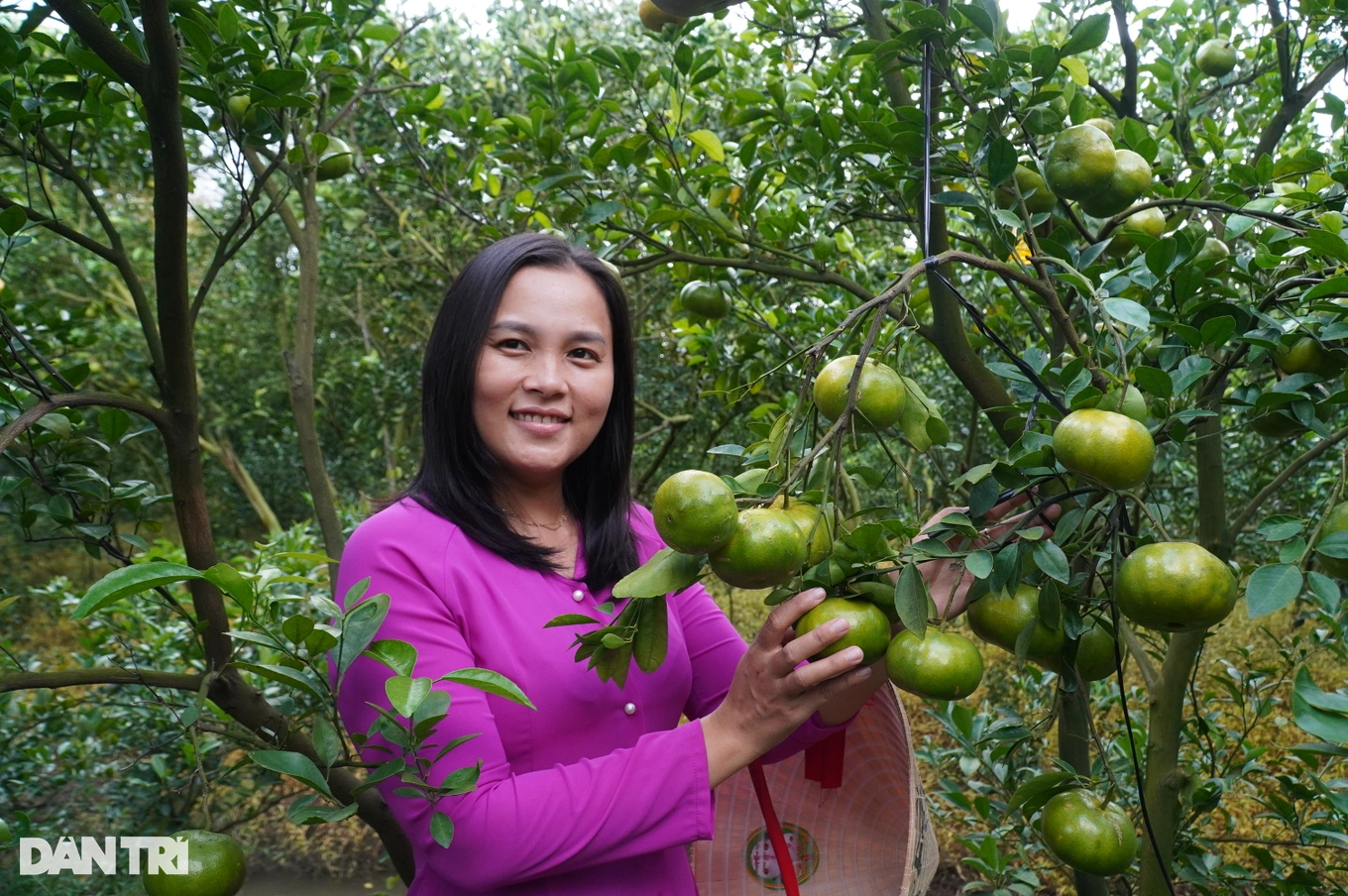








Comment (0)